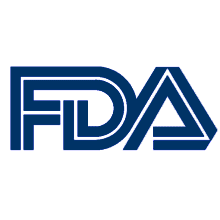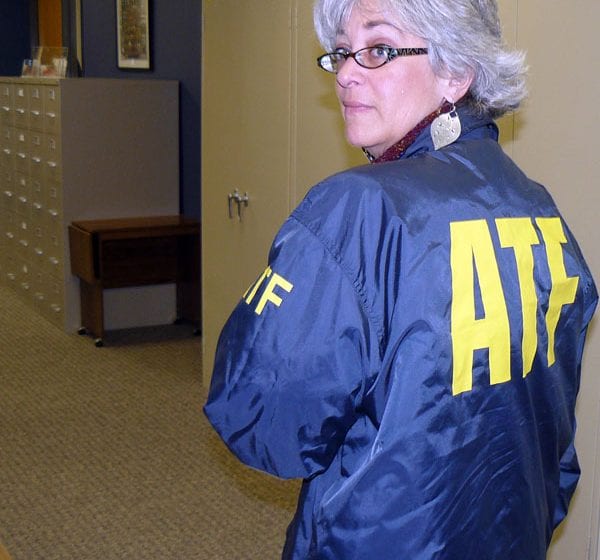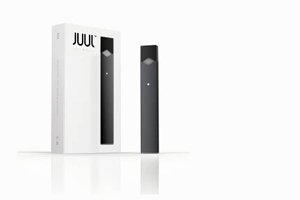PM USA’s domestic cigarette shipment volume during the three months to the end of March, at 27,552 million, was down by 4.2 percent on that of the first quarter of 2017, 28,727 million.
In reporting its first-quarter results, Altria – of which PM USA is its cigarette division – said that the fall in cigarette shipments was driven primarily by the industry’s rate of decline and retail share declines, partially offset by trade inventory movements.
Within PM USA’s total shipments, Marlboro volume was down by 4.2 percent to 23,653 million, while the volume of the company’s other premium brands fell by 2.8 percent to 1,409 million. Sales of discount brands fell by 4.7 percent to 2,460 million.
PM USA’s cigarette market share during the three months to the end of March, at 50.3 percent, was down by 0.7 of a percentage point on that of the first quarter of 2017.
Marlboro’s share fell by 0.5 of a percentage point to 43.2 percent, while the share of the company’s other premium brands fell by 0.1 of a percentage point to 2.6 percent. The share of PM USA’s discount brands fell by 0.1 of a percentage point to 4.5 per cent.
Altria’s first quarter results, reported yesterday, included also those of Middleton and USSTC.
Middleton’s domestic cigar shipment volume during the three months to the end of March, at 378 million, was up by 3.0 percent on that of the first quarter of 2017, 367 million. Shipment volume of the company’s Black & Mild brand was increased by 3.3 percent to 375 million, while that of its other brands fell by 25 percent from four million to three million.
USSTC’s domestic market shipment volume of smokeless products during the three months to the end of March, at 195.7 million cans and packs, was down by 0.1 percent on that of the first quarter of 2017, 198.5 million.
Copenhagen’s shipment volume fell by 0.1 percent to 124.4 million, and Skoal’s volume was down by 1.1 percent to 55.0 million. The shipment volume of other brands increased by 3.8 percent to 16.3 million.
USSTC did not provide adjusted shipment volume comparisons because of the unusual effects caused by a 2017 recall. But it said that the smokeless industry volume had declined by an estimated one percent during the past six months.
USSTC’s retail market share during the three months to the end of March, at 53.8 percent, was up by 0.1 of a percentage point from that of the first quarter of 2017.
Copenhagen’s market share increased by 1.1 percentage points to 34.3 percent, while Skoal’s share fell by 1.2 percentage points to 16.2 percent. Other brands’ market share increased by 0.2 of a percentage point to 3.3 percent.
“Altria is off to a fast start to the strong year of EPS growth to which we’ve guided, with adjusted diluted EPS growth of 30.1 percent in the first quarter of 2018,” said Marty Barrington, Altria’s chairman, CEO and president.
“In addition, Altria continued to reward shareholders by paying out nearly $1.3 billion in dividends, announcing an out-of-cycle dividend increase of 6.1 percent and repurchasing approximately $513 million in shares.
“Within the reporting segments, income performance reflects the timing of previously announced investments for the long-term strength of the business.
“We continue to expect full year adjusted diluted EPS growth of 15 percent to 19 percent.”
Meanwhile, Altria said that in pursuit of its ambition to be the US leader in ‘authorized, non-combustible, reduced-risk products’, USSTC had submitted a modified risk tobacco product application (MRTPA) to the US Food and Drug Administration for Copenhagen Snuff Fine Cut.
In addition, Altria had grown Nu Mark volume by about 30 percent and expanded the distribution of MarkTen Elite, a pod-based closed system product, to more than 6,000 retail stores.
And PM USA had participated in Philip Morris International’s presentation to the FDA’s Tobacco Products Scientific Advisory Committee about the IQOS MRTPA. PM USA’s initial lead market plans for IQOS were ready to deploy upon FDA authorization.








